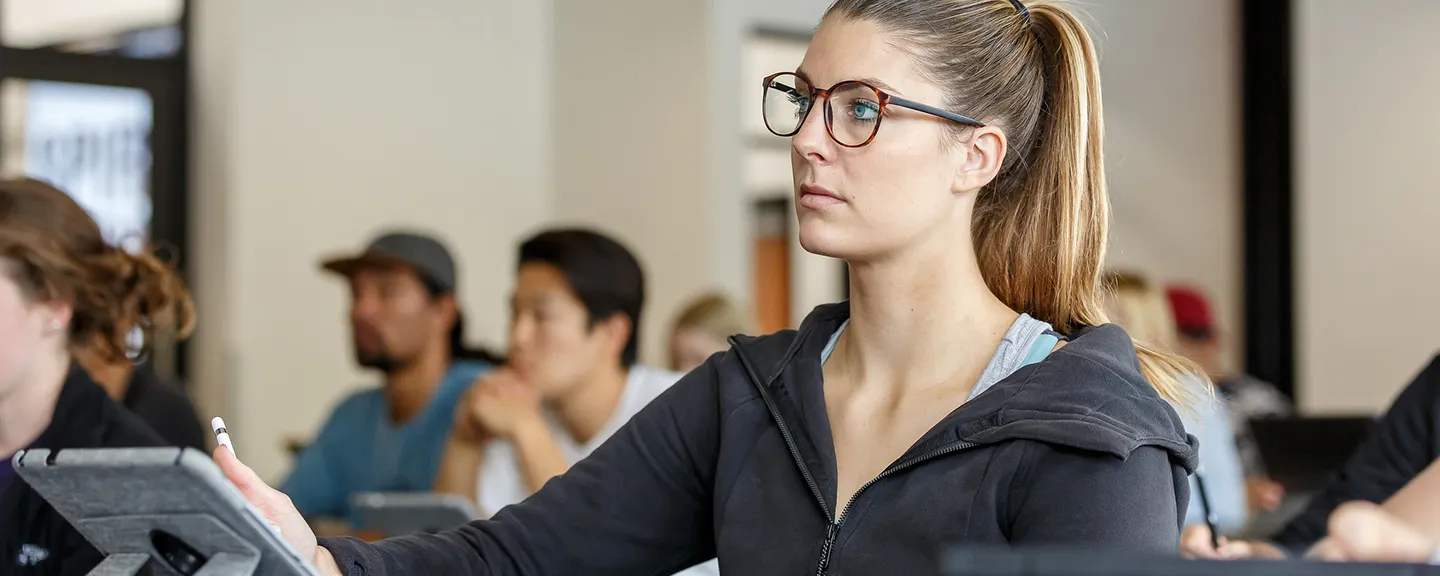- Home
- >
- APU Articles
- >
- News Article
Doctoral Program Preparation: Getting Your Mind Ready
November 14, 2019 | Written By Tobin Perry

How to Decide If You’re Ready
The best way to know if you’re ready to pursue a doctorate degree is by asking yourself a few questions. Here are some ideas you should ponder:
Do I have the time? When you start working toward a doctorate, you’re making a commitment for the next three to five years (likely 10 to 15 hours a week). You may need to let go of a few existing obligations to make your doctoral studies a priority.
Do I feel energized by the thought of reading, writing, and researching? A doctoral degree isn’t for everyone. It’s primarily for those who love to read, write, and research. If you have trouble envisioning yourself doing all three on a regular basis, you may want to reevaluate! Most doctoral programs aim to prepare students for professional roles where these three activities take center stage.
Am I interested in a new level of responsibility and leadership? Your doctoral program will prepare you for a host of new responsibilities. Understanding the gravity of the power that may be entrusted to you is crucial. You might someday find yourself in a position where you need to develop thought leadership and a deeper engagement with broad trends in your field—and you’ll want to rise to the occasion!
How to Prepare for a Doctoral Program
Once you’ve decided to tackle a doctorate, you’ll need to mentally prepare yourself for the next step. You don’t just wake up one day and decide to pursue a Ph.D.; it’s the culmination of much thought and deliberation. It’s important to get ready for the challenge.
Here are three strategies for getting started:
-
Have a candid conversation with the significant people in your life. Your doctoral work will take time—lots of it. Your other responsibilities will likely need to be adjusted for the next three to five years. Make sure your employer, family, friends, and other important people in your life understand the level of commitment and time a doctoral program takes and are willing to support you through the process. This support can make your experience much more successful.
-
Read as much as possible. When your program begins, you’ll likely have a number of reading assignments. Suddenly, a lot of your time will be spent reading books and journals. It’s a good idea to start reading broadly now, so you’re mentally and physically prepared for the coursework.
-
Double-check your commitment level. Being ready to pursue a doctoral program isn’t just about how smart you are; it’s more about how committed you are to reaching your goal. Times will get tough. When that happens, it will be your effort and persistence that will get you through.
You’re Ready . . . Now What?
When it comes time to choose a doctoral program, it’s helpful to find one that supports a cohort model. APU designed its doctoral programs with cohorts in mind, so students have support throughout their entire time as doctoral candidates.
Through a cohort model, you’ll go through your entire program with the same people. Anytime you have an issue, you may have a classmate in a similar situation who can provide help and support.
APU offers nine doctoral programs across disciplines, including ministry, educational leadership, nursing, and psychology. Most of them follow a low-residency model so you don’t have to be on campus and can more easily integrate your studies with your current commitments.
Are you interested in exploring one of the degree paths available at Azusa Pacific University? Explore its offerings to see which doctoral program is right for you.